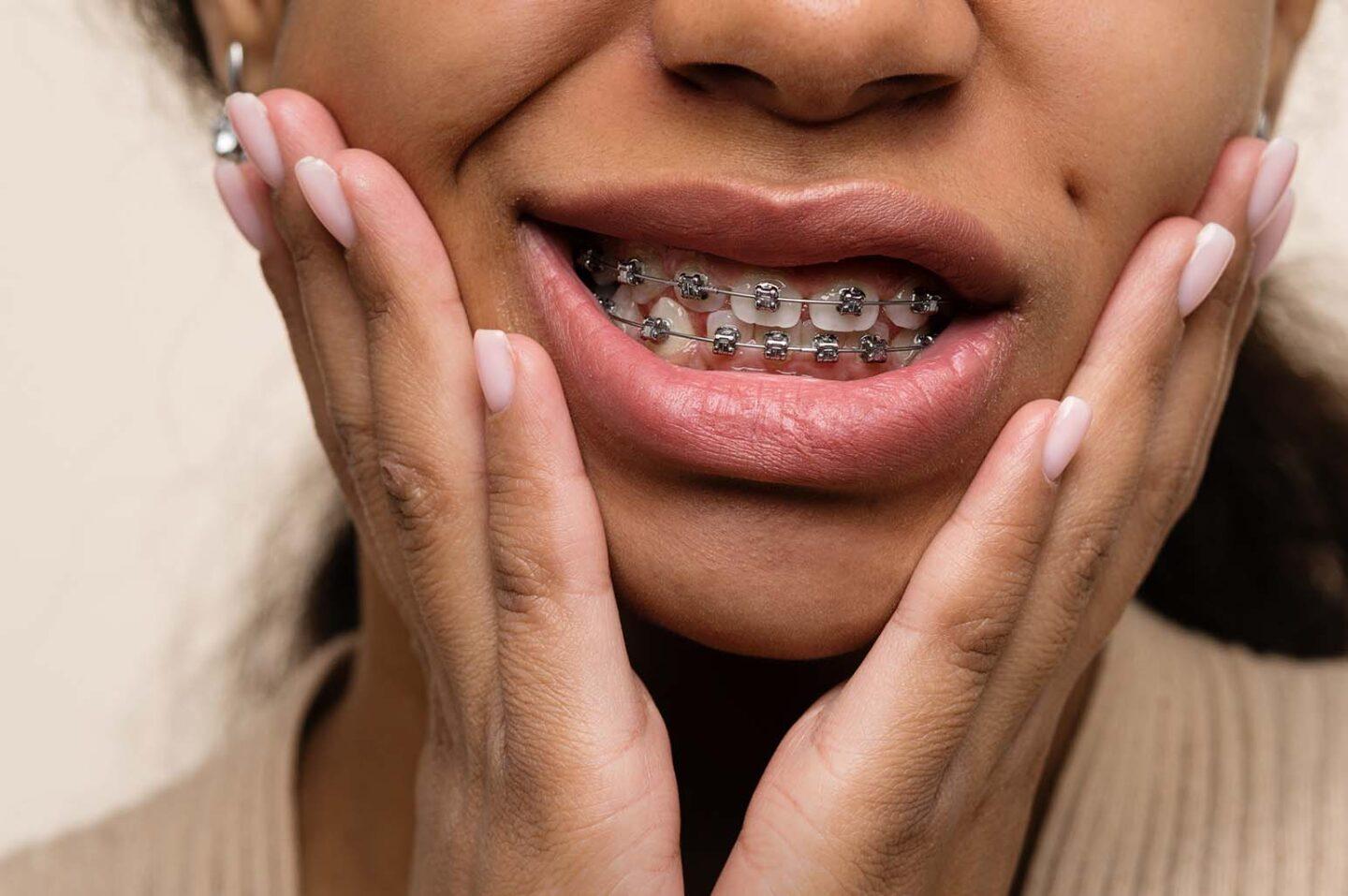Guide your child through the braces journey with our comprehensive 8-step approach. Ensure a smooth and confident transition to orthodontic care.

Orthodontic treatment represents a significant milestone for children, yet the prospect of braces often stirs a whirlwind of emotions: curiosity, apprehension, and uncertainty. As a parent, your role in guiding your child through this journey is pivotal. Here’s an extensive guide that amplifies each step, ensuring your child is thoroughly prepared for their braces experience:
1. Comprehensive Discussion on Treatment Options:
When contemplating orthodontic treatment, the multitude of available options can be overwhelming. However, engaging in detailed discussions with your orthodontist can demystify the choices. While numerous treatments exist, metal braces often emerge as a reliable and cost-effective option for children and adolescents. The customizable aspect of adding various colors to braces can be an exciting prospect for kids.
Encouraging an open dialogue with your child about the necessity and objectives of braces fosters understanding and confidence. Engage in joint research and encourage questions during consultations to solidify their comfort with the chosen treatment.
Furthermore, discussing potential alternatives, such as clear aligners or ceramic braces, and their suitability for your child’s specific dental needs can offer a comprehensive view of available options.
2. Preparing for the Fitting Process:
The fitting process for braces can be a source of apprehension for children. Addressing their concerns by detailing the procedure in a simple, reassuring manner can alleviate anxieties. Explaining the steps involved—attaching brackets to their teeth, connecting them with fine wires, and the optional addition of colorful elastic rings—helps demystify the process.
Additionally, outlining the subsequent appointments for wire adjustments, which gradually align their teeth, can provide reassurance. Address any worries about discomfort or pain by emphasizing that initial discomfort usually subsides within a few days.
3. Stocking Up on Braces-Friendly Foods:
While the fitting itself isn’t typically painful, the initial pressure braces exert on the teeth might cause mild discomfort. To ease this adjustment period, ensure your pantry and refrigerator are brimming with soft, easy-to-chew foods such as rice, pasta, yogurt, mashed potatoes, and soups. Moreover, chilled foods can offer relief from any soreness caused by bracket rubbing.
Encouraging your child to explore new recipes or food textures that align with their dietary restrictions during the early days of braces can transform this period into an exploratory culinary experience.
4. Utilizing Orthodontic Wax for Comfort:
As your child acquaints themselves with wearing braces, the brackets might lead to irritation inside their mouth. Introducing orthodontic wax as a simple and effective solution can significantly alleviate discomfort. Demonstrating how to soften the wax by rolling it between their fingers and applying it to the bracket’s problematic area empowers your child to self-manage minor discomfort.
Furthermore, educating your child about the purpose and application of orthodontic wax helps them recognize its utility in minimizing irritation.
5. Emphasizing the Long-Term Benefits:
For children, the prospect of wearing braces for an extended period might seem daunting. Remind them that, while the duration may appear lengthy, braces represent a temporary measure for a long-lasting solution: straighter teeth and a confident smile. Instilling patience and highlighting the substantial rewards awaiting them at the journey’s end can boost their resilience.
Encourage discussions about success stories—before-and-after transformations of individuals who’ve undergone similar treatments—to inspire confidence and excitement about the future outcome.
6. Simplifying the Adjustment Phase:
Facilitating your child’s transition to life with braces can profoundly impact their compliance with the orthodontist’s instructions and the ultimate success of the treatment. Consider investing in an electric toothbrush equipped to handle the intricacies of cleaning teeth and braces effectively. Additionally, providing meals aligned with the orthodontist’s guidelines aids your child in adhering to necessary dietary adjustments.
Encouraging them to maintain a food journal or meal planner can empower them to take ownership of their dietary choices, making the transition smoother.
7. Addressing Emotional Concerns:
Braces can evoke feelings of self-consciousness or embarrassment in children. Creating a safe, supportive environment where your child feels heard and understood is crucial. If concerns arise about potential teasing or bullying, reassure them by highlighting that many of their peers may have worn or will wear braces. Empower them to pursue their interests confidently, regardless of any temporary discomfort associated with braces.
Encouraging your child to express their emotions through creative outlets like journaling, drawing, or engaging in hobbies can provide a healthy emotional release during this period of adjustment.
8. Encouraging Consistent Dental Care Habits:
The introduction of braces necessitates heightened dental care efforts. Your child may need to adapt to using special brushes to clean around the brackets and wires, a process demanding time and dedication. Encouraging consistency in their cleaning routine will help ingrain this habit, making it a seamless part of their daily routine.
In Conclusion
Additionally, exploring educational resources such as interactive apps or videos that demonstrate proper dental hygiene techniques with braces can make learning enjoyable and informative.
Preparation and understanding are the cornerstones of a smooth braces journey for your child. By delving deeper into these comprehensive tips, you’ll equip your child with the necessary knowledge and tools to navigate this phase with confidence and ease.